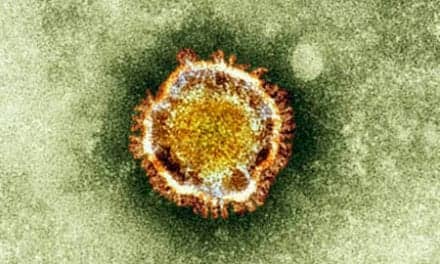MERS (Middle East respiratory syndrome) antibodies were discovered in two people who handle non-camel livestock in Kenya, a fact that reinforces the idea that camels and bats may not be the only animal reservoirs of MERS-CoV, and suggests that the virus may be endemic to another region.
Scientists have thus far focused largely on camels, one confirmed animal reservoir of the pathogen. Researchers have also found evidence to suggest the virus may have originated in bats.
Researchers at the Nairobi, Kenya-based International Livestock Research Institute (ILRI) and at the University of Bonn Medical Center in Germany have found evidence of MERS-CoV antibodies in archived blood samples from two of 1,122 Kenyan livestock handlers, collected between 2013 and 2014.
Both people whose blood showed signs of past MERS-CoV infection—a 26-year-old woman and 58-year-old man—were asymptomatic and kept livestock other than camels, the researchers report in the May 2016 issue of Emerging Infectious Diseases. Camels do roam the counties in eastern Kenya where both livestock handlers live, and—as in the Middle East—people in the region consume camel products.
Non-travel-associated MERS in Kenya










